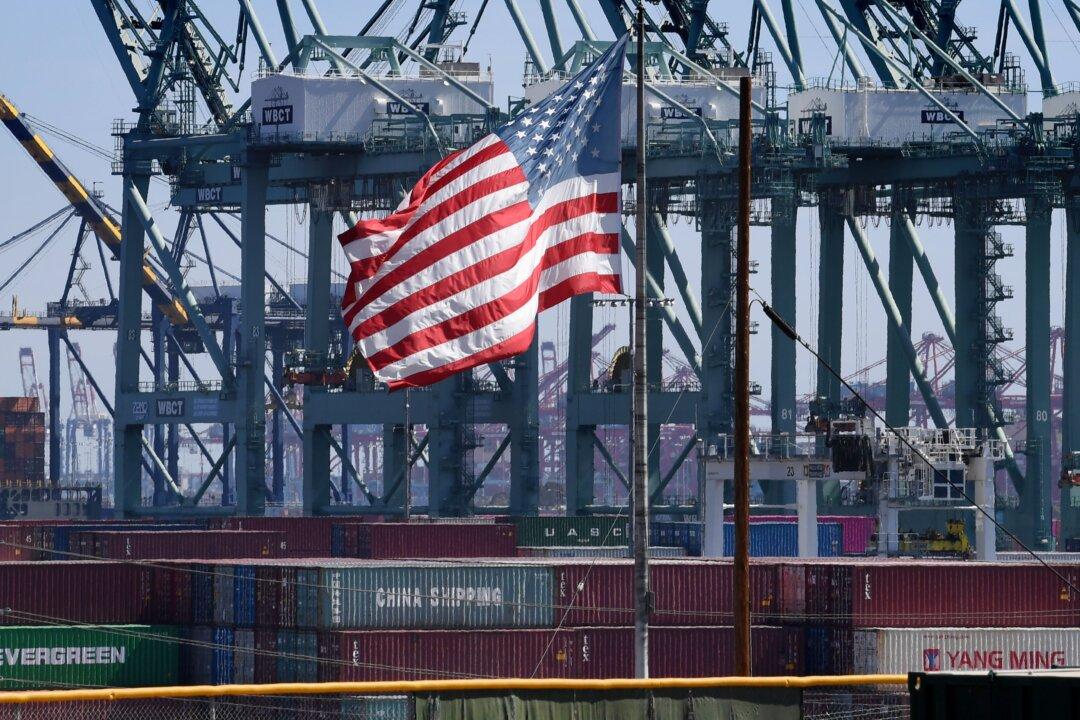BEIJING—Chinese companies have started to inquire about prices for U.S. agricultural goods purchases, Beijing said on Sept. 12, in a further sign of potential de-escalation in the bitter and protracted trade war between the world’s two largest economies.
The move comes before a planned meeting in early October between top U.S. and Chinese trade negotiators in Washington aimed at easing a trade conflict.





